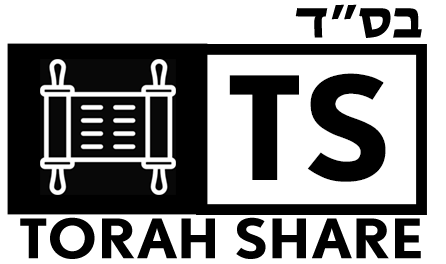Rabbi Yitzchak Breitowitz – Shares about the background story of the Omer period and Rabbi Akiva who went from an unlearned person who didn’t even know Aleph/Bet (ABCs) to the most important Rabbi of his time.
If you are interested in more videos from this Rabbi please visit this YouTube Channel: https://www.youtube.com/@OhrSomayach
Click here to subscribe to Torah-Share.com posts via email: http://torah-share.com/subscribe/
